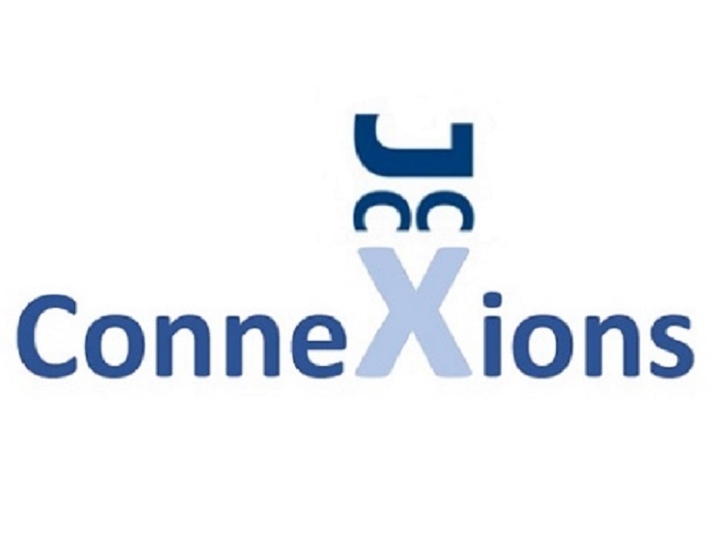
JCC Connexions, Vol. 7, No. 1
February 17, 2021
February 2021
What Are Strengths and Weaknesses of Interfaith Learning and Development Model in Different Institutional Settings? Critical Conversations #24
Matthew J. Mayhew, The Ohio State University
It is important to recognize interfaith learning and development as something educators hope their students will engage as part of the college-going process. Based on equity considerations, it would be irresponsible for educators to leave this type of learning to chance, as an increasing number of students enrolled in college hold minoritized religious identities. Added to that, research has shown that religious identity’s intersection with other identity forms often influences the ways students appropriate meaning to their college experiences. Read More.
Three Questions Relating to Moral Development: JCC, Feb. 2021
Pamela C. Crosby, Co-Editor, Journal of College and Character
Here are some important questions that relate to moral development that are explored in articles in the February 2021 issue (vol. 22, no. 1) of the Journal of College and Character. Read more.
New Spaces & Roles for Student Affairs Educators
New Year, New Relationships: Establishing Meaningful Partnerships Between Student Affairs Educators and Faculty Members
Michael J. Stebleton, University of Minnesota – Twin Cities
Lisa Higashi, Simon Fraser University
The year 2020 finally ended. Between the twin pandemics of the Coronavirus and the ongoing fight for social justice, many student affairs practitioners and other higher education professionals enter a new year with cautious optimism and higher expectations for a better year ahead in 2021. We contend that educators should take the time to reflect on the challenges of this past year while also carefully considering new goals and ideas for potential collaboration this next year. Troubling times can lead to a re-evaluation of existing relationships with students and colleagues. Read more.
Critical Religious Studies in Higher Education
Introducing Other Critical Religious Studies Frameworks
Jenny L. Small, Convergence
I am not alone in realizing that higher education must address the structural inequalities that marginalize some RSSIs in a country dominated by White Christian privilege (Joshi, 2020). Therefore, I offer this abbreviated list of additional scholarship to add to your reading list. Read more.
Engaging Civic Religious Pluralism
“Tell It Again, Though": Telling Old Stories With New Hope
Becca Hartman-Pickerill, Interfaith Youth Core
College, even in a remote or hybrid structure, is a powerful place for provocative encounters to flourish. Campus learning experiences like dialogues and public speakers paired with reflexive writing are integrated into the curriculum to explicitly foster provocative encounters. These experiences exist alongside resources that foster support like religious and spiritual life staff, peer counselors, counseling centers, advisors, and policies articulating accommodations for one’s religious and spiritual practices. Read more.
Fostering Moral Development
Teaching Citizenship in a Digital World
Alan Acosta, Clark University
Many higher education practitioners believe, deservedly so, that it is a moral obligation for higher education institutions and professionals to teach students how to engage in democratic processes. As higher education professionals continue to conceptualize how to do so, including the various ways democracy can be realized through digital media is an imperative aspect of that education. Helping students understand what appropriate and inappropriate civic engagement looks like is essential to shaping a future generation of citizens. Read more.